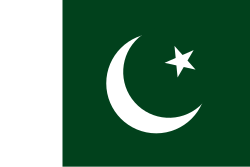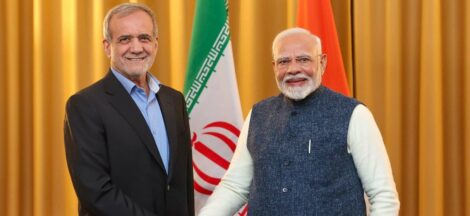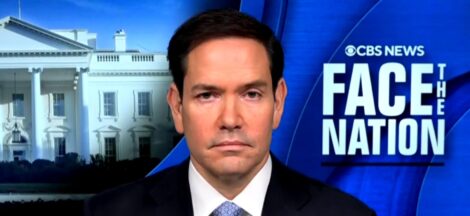Pakistan has formally recommended U.S. President Donald Trump for the 2026 Nobel Peace Prize, igniting sharp criticism domestically and abroad. Deputy Prime Minister and Foreign Minister Ishaq Dar submitted letters to the Nobel Committee in Norway, asserting that Trump’s “decisive diplomatic intervention” helped defuse the contested military escalation between India and Pakistan. The nomination comes amid wider shifts in Pakistan’s geopolitical posture, following high‑level engagements between Islamabad and Washington.
Social media users in Pakistan have denounced the decision as ‘hypocritical’ and a sign of subservience, particularly voicing anger after U.S. air strikes targeted Iranian nuclear sites. One X user quipped Pakistan might award Trump every national gallantry medal—“even the Nishan‑e‑Haider!”. Veteran journalist Ameer Abbas recalled PML‑N politician Khawaja Saad Rafique previously likening Trump to “Genghis Khan and Hitler”, highlighting a stark reversal in tone.
The nomination follows a lunch at the White House between Trump and Pakistan’s army chief, Field Marshal Asim Munir—widely interpreted as a diplomatic overture that cements deeper ties with the U.S. military hierarchy. The Financial Times notes Pakistan is concurrently expanding defence links with China, including negotiating the purchase of 40 J‑35 stealth jets—a move analysts view as part of a broader strategy to balance global alliances.
Indian officials have rejected the premise that Trump played a mediating role, stating the ceasefire was reached through direct military-to-military communications. Prime Minister Modi is reported to have reaffirmed that “India does not and will never accept mediation” in its bilateral dispute. U.S. officials have not made an immediate comment.
Some Pakistani political figures are calling for the nomination to be rescinded, arguing it undermines Pakistan’s dignity, especially in light of U.S. strikes on Iran’s Fordo, Isfahan and Natanz facilities. Jamiat Ulema‑i‑Islam leader Maulana Fazlur Rehman labelled the move a mockery of peace, stating “President Trump’s claim of peace has proven to be false”. Former ambassador Maleeha Lodhi described the decision as “unfortunate” and not reflective of public sentiment.
The Nobel Peace Prize nomination process allows governments and senior officials to propose candidates before the 31 January deadline. The Nobel Committee typically refrains from commenting on nominations, keeping deliberations confidential.
Trump, for his part, emphasised his expectation of the prize, claiming he has achieved significant peacemaking—from mediating in South Asia to facilitating accords in the Middle East, Rwanda, Congo, and Ethiopia. He has lamented that despite his efforts, “no matter what I do”, he won’t receive the award.
Observers suggest Pakistan’s move may reflect a strategic bid to solidify U.S. support and draw global attention—leveraging Trump’s well-known susceptibility to accolades. Reddit users speculated this is a “master stroke of diplomacy,” playing to his ego to advance Pakistan’s interests. Domestic critics, however, warned that such pandering risks damaging the nation’s reputation and undermining independence in foreign policy.
The controversy underscores a larger trend: the Nobel Peace Prize increasingly reflects geopolitical signals rather than purely humanitarian achievements. Historically, awards such as those to Juan Manuel Santos in 2016 and the European Union in 2012 sparked debate over whether timing and politics overshadow real outcomes. Pakistan’s nomination of Trump challenges whether a polarising leader with a divisive global record can credibly be cast as a peace-builder.




 Global Backing Looms for Iran’s Nuclear Push, Warns Medvedev
Global Backing Looms for Iran’s Nuclear Push, Warns Medvedev 